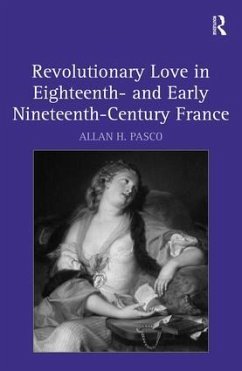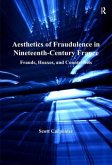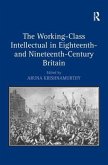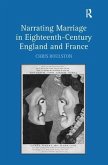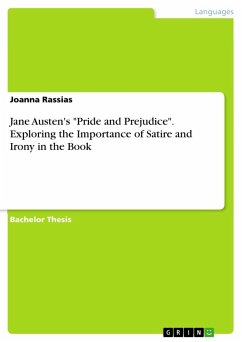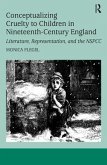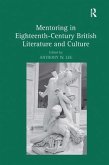In this innovative study, the author carves out a new field, a sociology of literature in which he offers insightful commentary about the nexus of literature and society. Calling on history, sociology, and psychology as well as literature as points of reference, Allan Pasco examines the conceptual shift in the ideal of love in eighteenth-century France. Pasco explores the radical, though gradual, changes that occurred during the Enlightenment with respect to how the emotion of love was viewed. Earlier, love had been subordinate to the demands of family, king, and deity; passion was dangerous, and to be avoided. But over time, individual happiness became the "greatest good," and passion the measure of love. Authors as diverse as Marivaux, Marmontel, Rousseau, Baculard d'Arnaud, Pigault-Lebrun and Madame de StaÃl make it clear that the ideal of rapturous love did not live up to its billing: it did not last, and it brought destructive fantasies, an epidemic of disease, the "scourge" of divorce, and considerable anguish. Still, as Pasco points out, passion became and remained the ideal, and the Romantics were left to plumb its nature.
Hinweis: Dieser Artikel kann nur an eine deutsche Lieferadresse ausgeliefert werden.
Hinweis: Dieser Artikel kann nur an eine deutsche Lieferadresse ausgeliefert werden.

